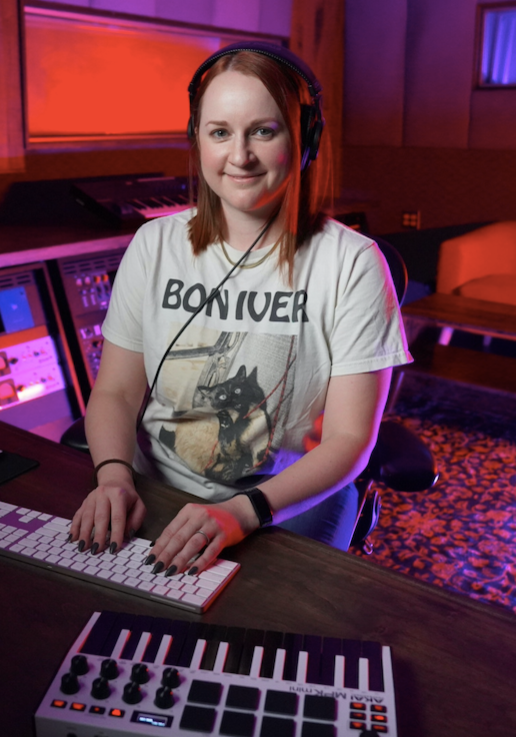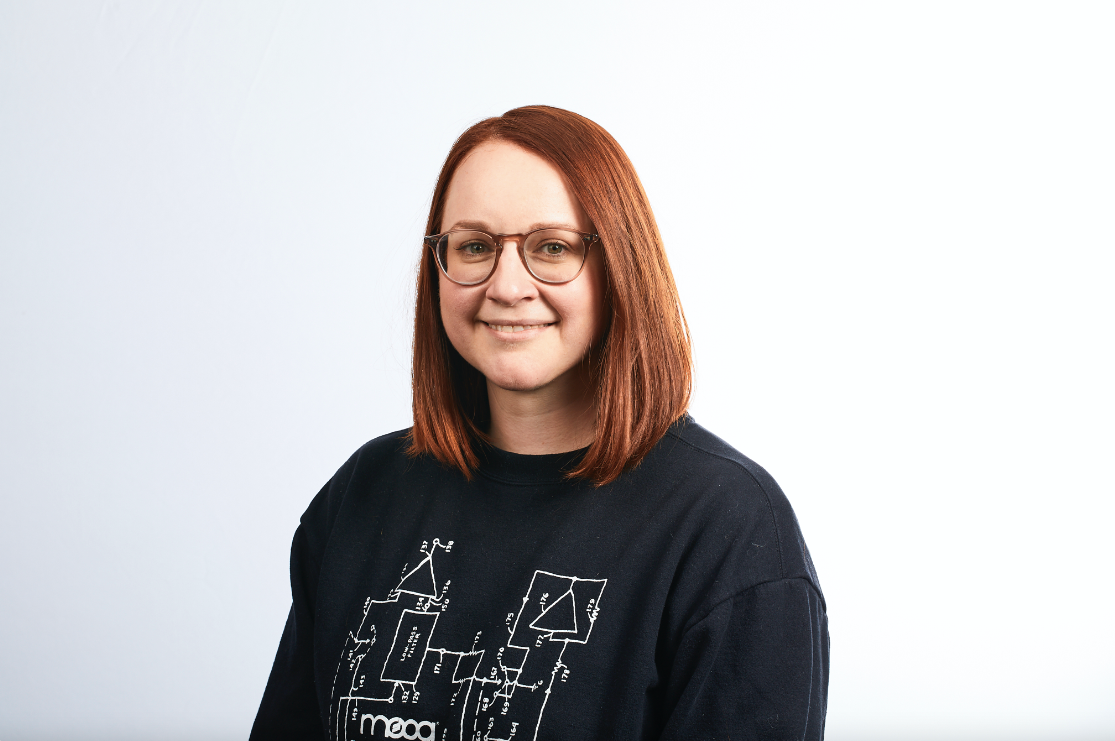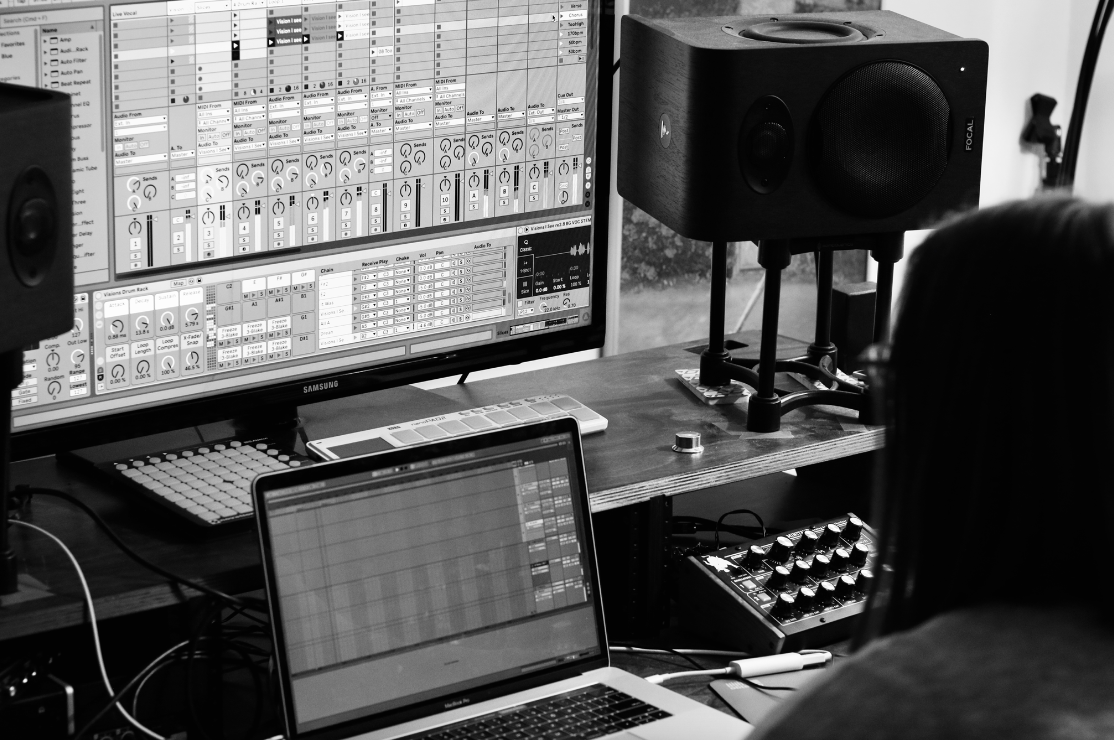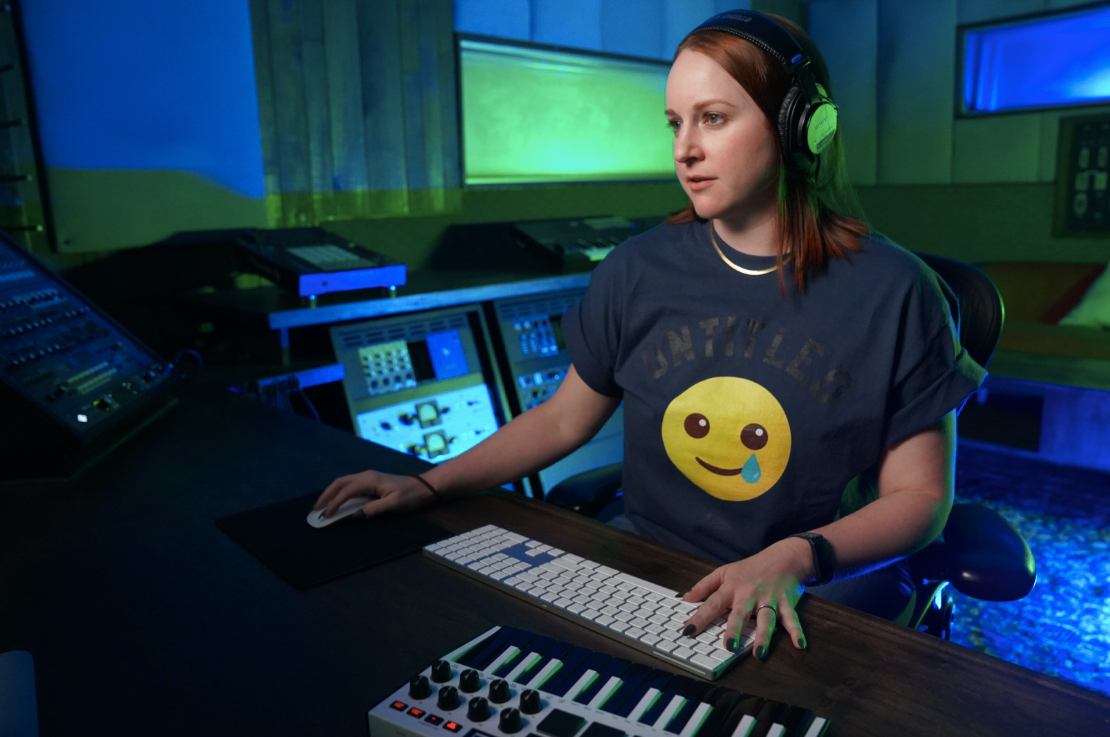When Gwen Stefani dropped the F-bomb on stage, a young Erin Barra knew that she wanted to work in music. Fast forward to today, and she’s the director of popular music at Arizona State University, executive director of Beats By Girlz, course developer for Berklee Online and former associate professor at the Berklee College of Music in Boston. The self confessed “weird band kid” reflects on her journey through the music industry and explains what led her to start Beats By Girlz.
You've achieved so much in your career in music and audio so far; did you have a strong interest in music from childhood, or did this develop later in life?
In high school I was a classically trained pianist, and I don't know how my parents had the foresight to do this, but I was even in a music preschool. So I just kept at it – it was something that I was good at.
By the time I was about 14, I knew I was at least going to go to a music school. I didn't know what would happen after that, or have any particular target or career in mind, but I knew it was going to be music. I was that weird band kid who was in the jazz band and orchestra!
Who did you look up to in the music industry when you were growing up?
I had my Stevie Wonder phase, my Michael Jackson phase and my Bob Marley phase. It dovetailed from there, but the whole foundation of it is ‘60s and ‘70s songwriters. I remember buying two CDs in the ‘90s: Ace of Base and No Doubt’s Tragic Kingdom album.
No Doubt was the first concert I ever went to as well, and was one of the moments that I knew that I wanted to make contemporary music and that I was not interested in a classical application of the tools. I grew up in Salt Lake City, and my parents are not Mormon, but I grew up in a Mormon community.
I went to see No Doubt with two of my Mormon friends, and it was the first concert that I had been allowed to go to without my parents. We were rocking out and Gwen Stefani said “fuck”, and that was the first time I'd ever heard somebody say it out loud!
It was in the context of female empowerment, and I remember my friends being so shocked by this, and my reaction was like, ‘I want to do that’!”






